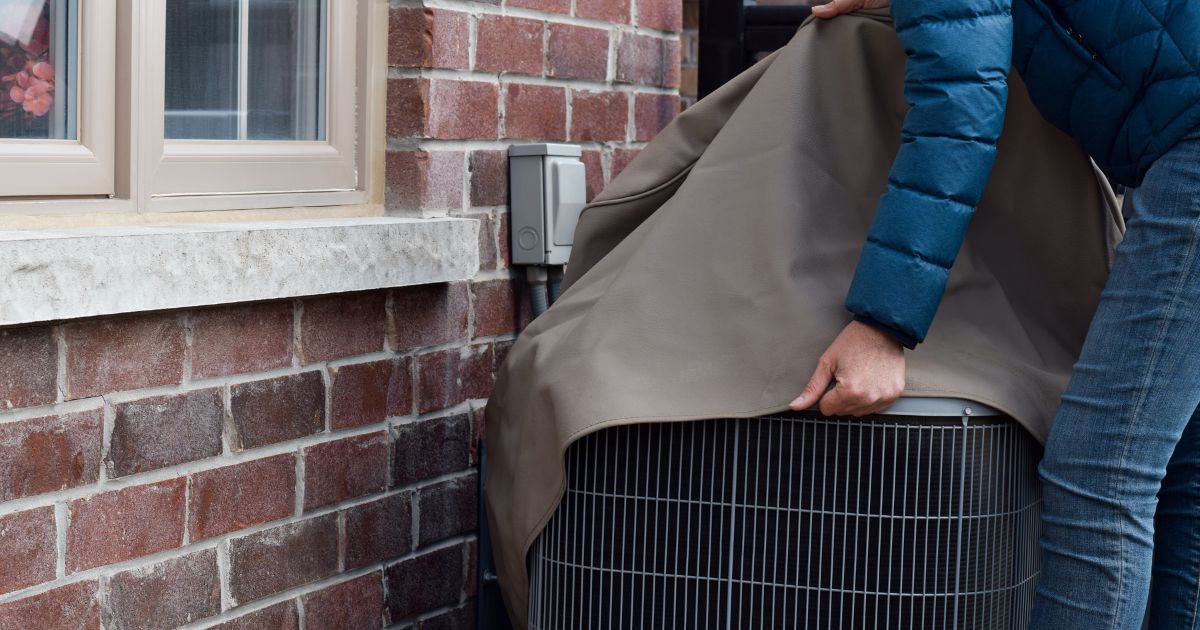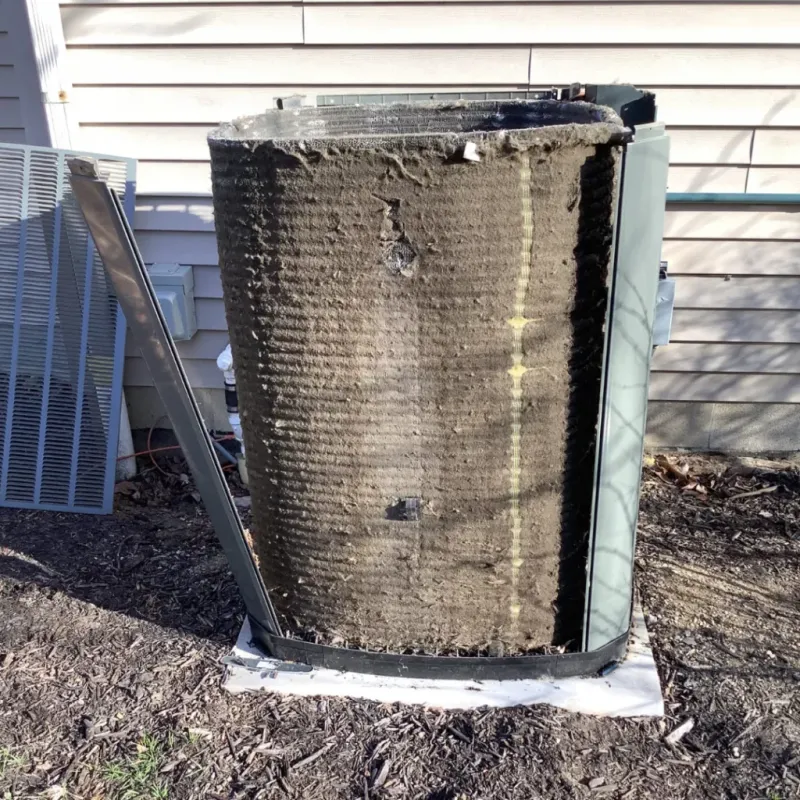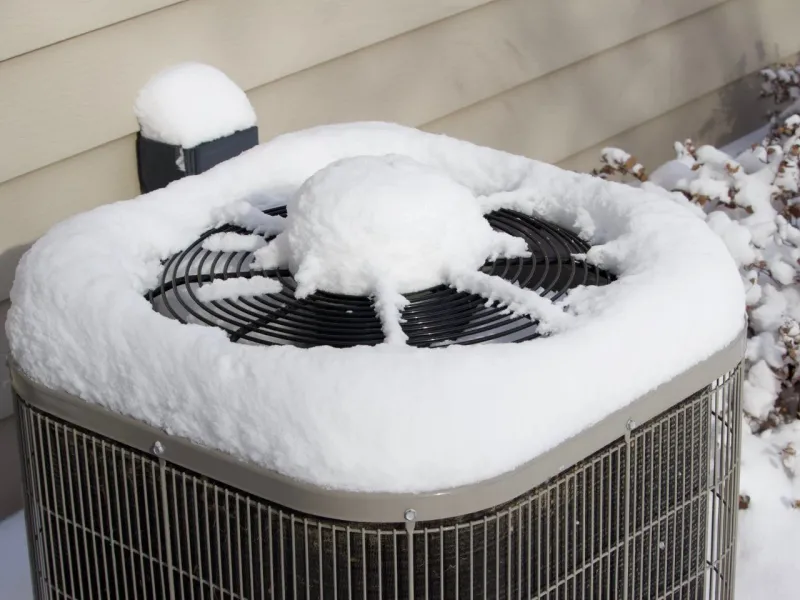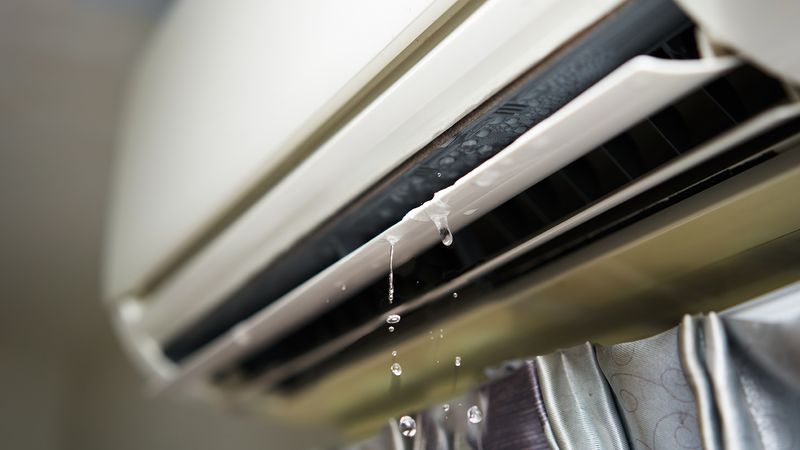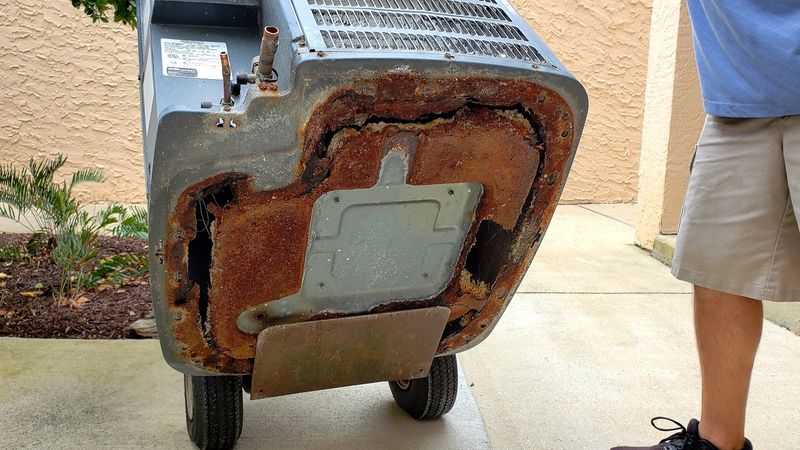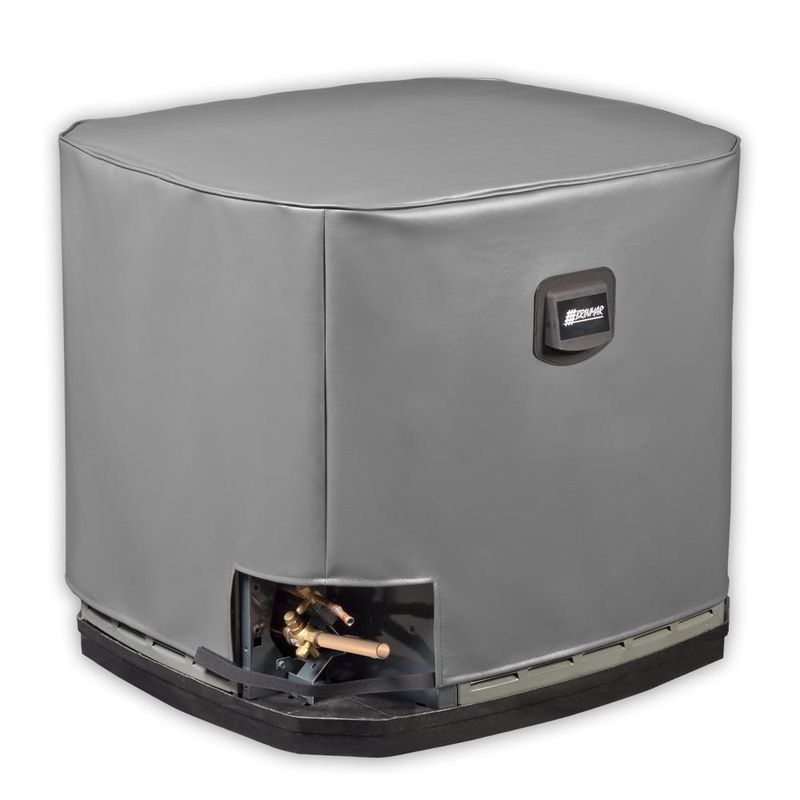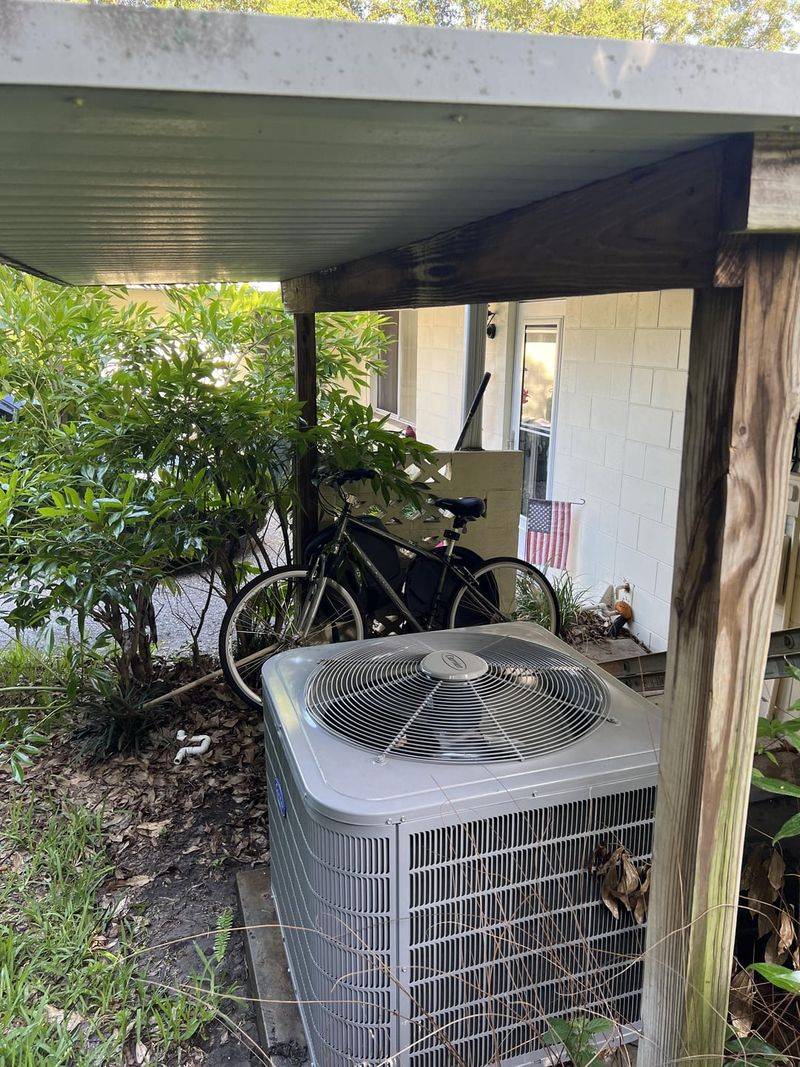As winter approaches, homeowners often ponder whether they should cover their air conditioning units to protect them from harsh weather.
Experts weigh in on this debate, offering insights into the benefits and drawbacks of covering your AC during the colder months.
In this blog post, we’ll explore seven key considerations to help you make an informed decision.
1. Protection from Debris
Covering your AC unit in winter can shield it from debris like leaves and twigs. This barrier prevents foreign objects from entering and potentially damaging the unit. It’s an effective way to minimize maintenance when spring arrives.
However, it’s essential to ensure the cover is breathable to avoid moisture buildup. A heavy, non-breathable cover could trap moisture, leading to rust or mold. Consider using a specially designed cover that allows ventilation.
This approach balances protection with airflow, ensuring your unit remains in top condition. A cover with side vents offers an ideal solution for maintaining your AC’s longevity.
2. Preventing Snow and Ice Damage
Snow and ice can be harsh on your AC unit. Covering it provides a layer of protection against freezing precipitation. This barrier helps prevent accumulation that can damage the fins or other components.
However, ensure the cover is secure to withstand winter winds. If snow piles up, it can exert pressure, potentially causing structural damage. Regularly check and clear any excessive buildup on top of the cover.
This maintenance helps ensure the cover serves its purpose without becoming a burden. A securely anchored cover provides peace of mind during heavy snowfalls.
3. Avoiding Moisture Trapping
While covering your AC can protect it from the elements, it’s crucial to avoid moisture trapping. A breathable cover is vital, allowing moisture to escape while keeping debris out.
This prevents rust and corrosion that could compromise the unit’s efficiency. Opt for covers made from materials like mesh or those with vented sides. Such designs offer the best of both worlds – protection without suffocation.
Regularly inspect the cover for proper fit and ventilation. A well-fitting, breathable cover ensures your AC is safeguarded without unintended side effects. This balance is key for winter protection.
4. Discouraging Wildlife Intrusion
Wildlife can see an AC unit as a cozy shelter during winter. Covering the unit helps deter animals from nesting inside, potentially chewing on wires or damaging insulation. However, an ill-fitted cover might offer critters an inviting hideaway.
Make sure your cover fits snugly around the unit. Additionally, check for any openings or vulnerabilities animals could exploit. Regular inspections during the cold months keep wildlife at bay.
A properly secured cover acts as both a shield and deterrent, ensuring your AC remains untouched by curious critters.
5. Reducing Rust Risk
Rust is a common adversary for outdoor AC units. Winter weather, with its snow and ice, can accelerate rusting if your unit isn’t protected. Covering the unit offers a barrier against moisture, slowing down the rusting process.
However, the cover must be breathable. Trapped moisture can exacerbate rust rather than prevent it. Investing in a high-quality, vented cover can mitigate this risk effectively.
Regularly inspect the unit and cover for signs of rust and adjust as necessary. This proactive approach helps maintain your AC’s structural integrity over time.
6. Improving Aesthetic Appeal
Covering your AC unit can improve the aesthetic appeal of your winter landscape. A clean, tailored cover can blend with your garden design, masking the industrial look of the unit.
This is especially beneficial for those who value a cohesive outdoor appearance. Choosing a color and material that complements your home’s exterior enhances visual harmony.
Consider options like neutral tones or decorative designs. While aesthetics may not be the primary reason to cover your AC, it complements the functional benefits. A well-chosen cover can enhance both protection and aesthetics.
7. Understanding When Not to Cover
In some cases, covering your AC might not be necessary. If your unit is sheltered, like under an overhang, it might already be protected from harsh elements.
Additionally, units in milder climates where snow and ice are rare may not need covering. It’s essential to weigh the pros and cons based on your specific situation.
Consulting with a local HVAC professional can provide personalized advice. Understanding your climate and unit’s exposure helps determine if a cover is truly beneficial. Sometimes, less intervention leads to better outcomes for your AC.
